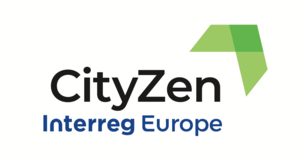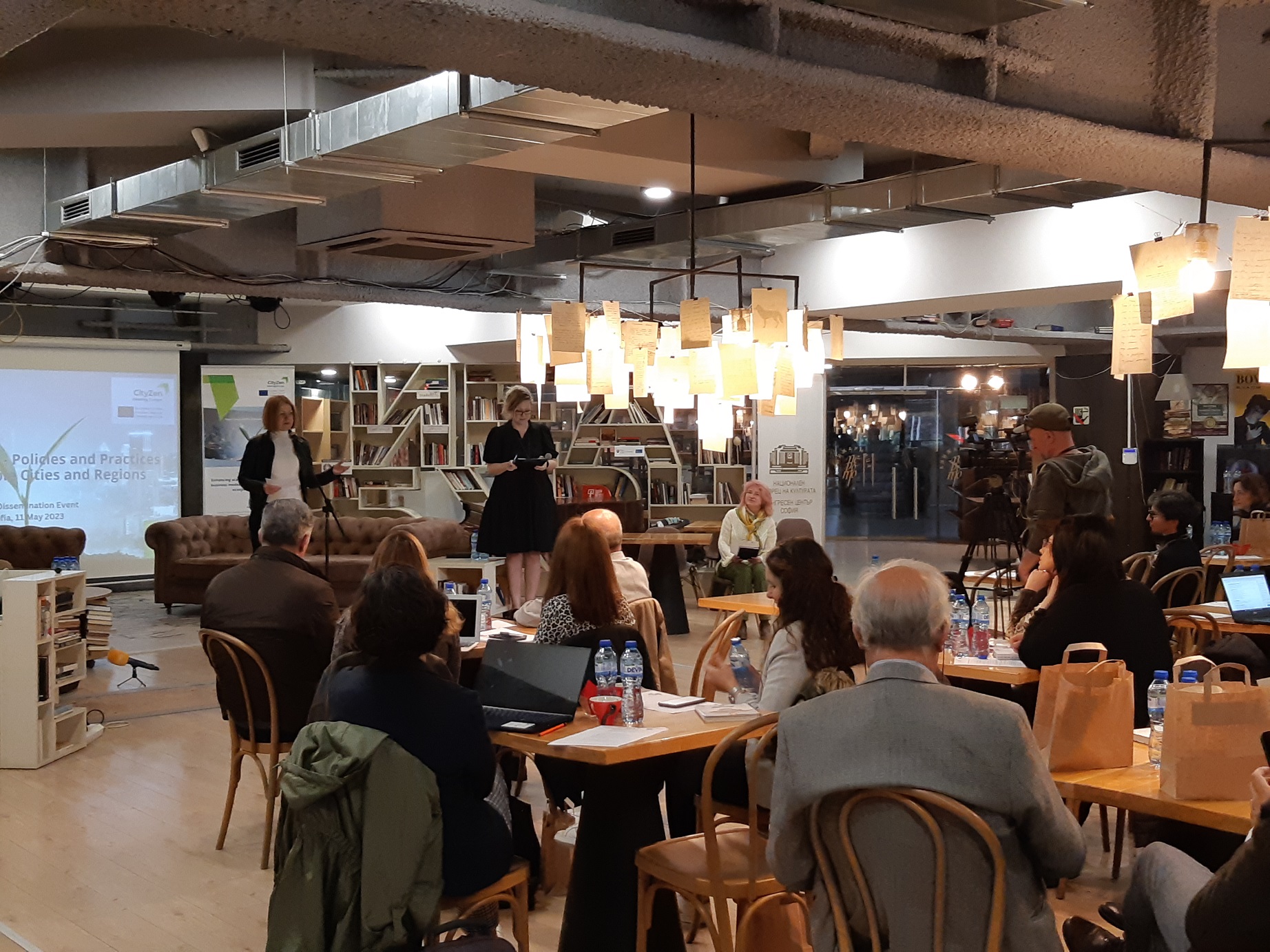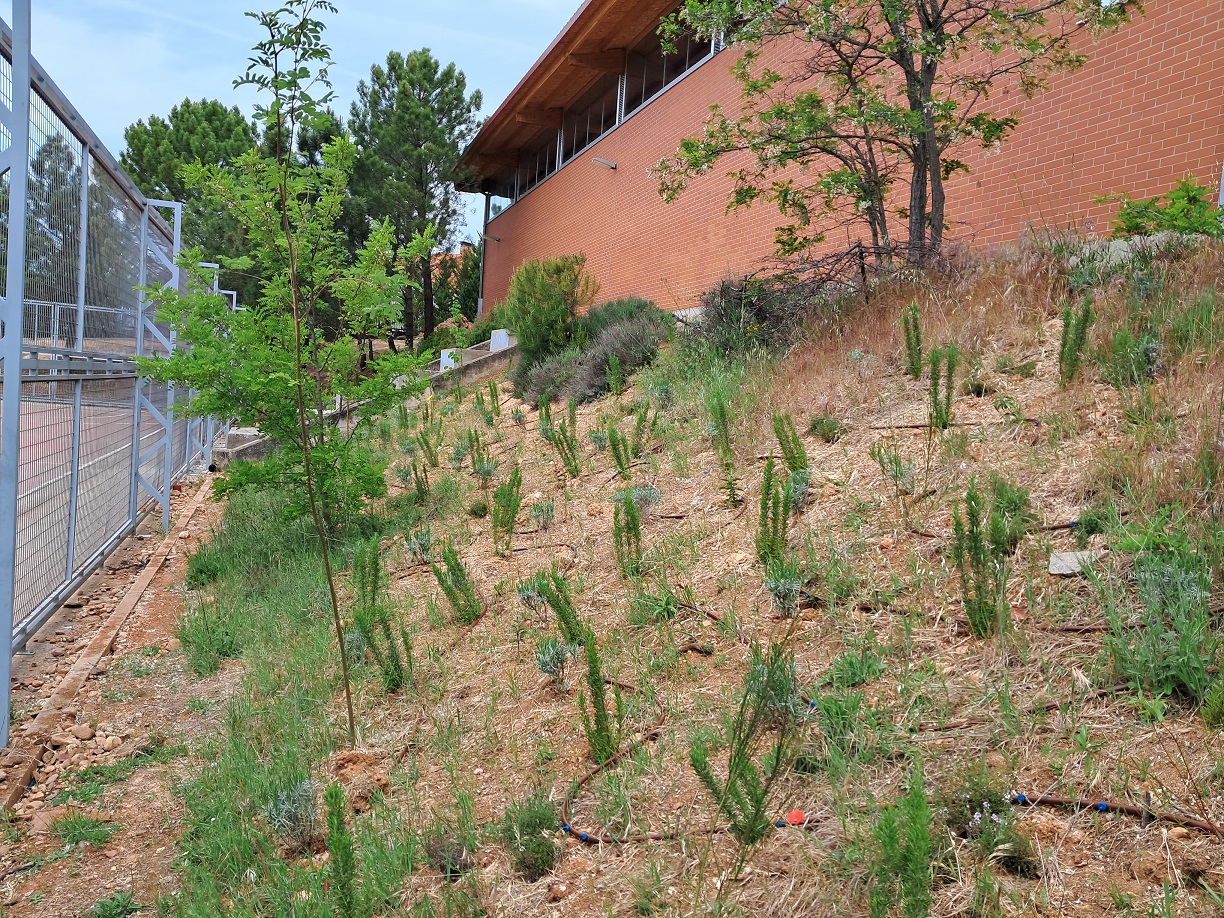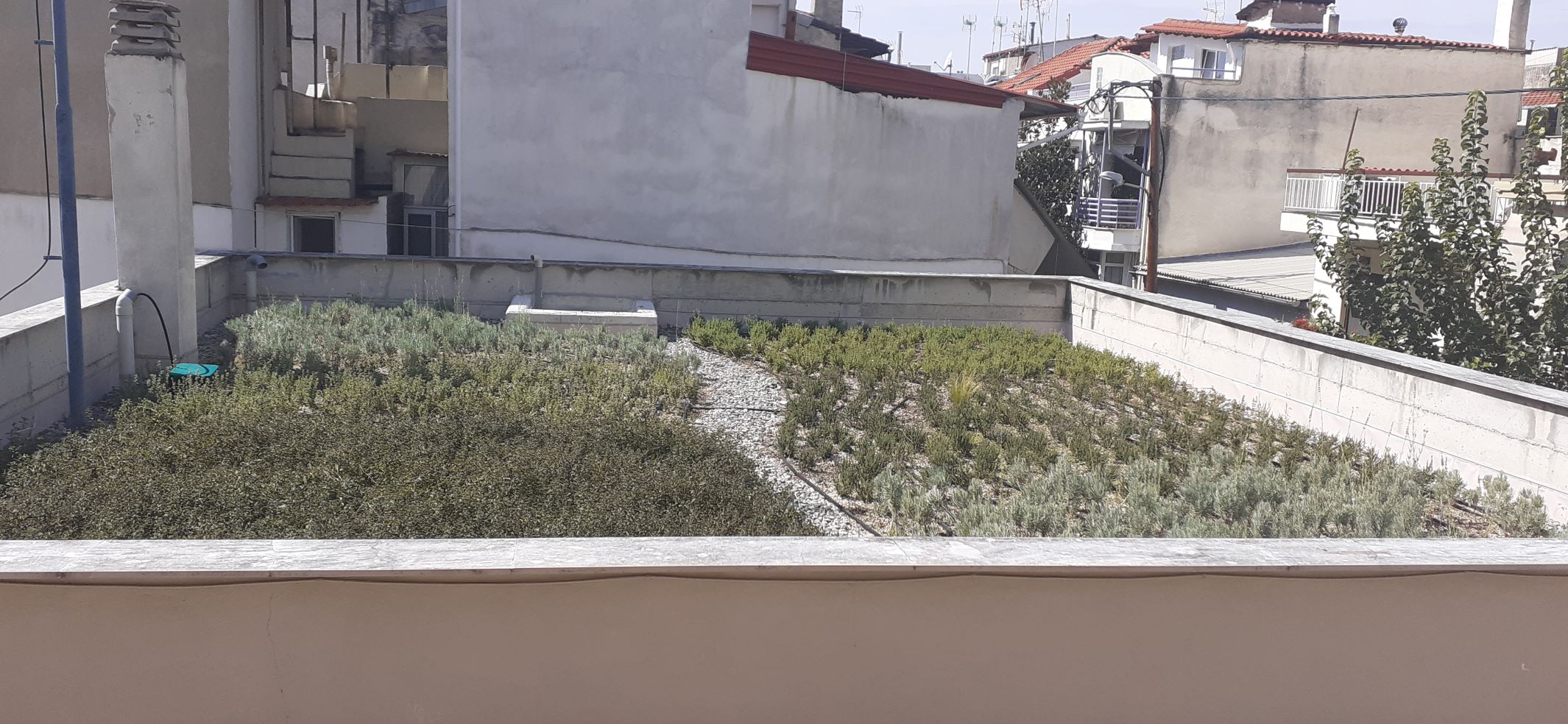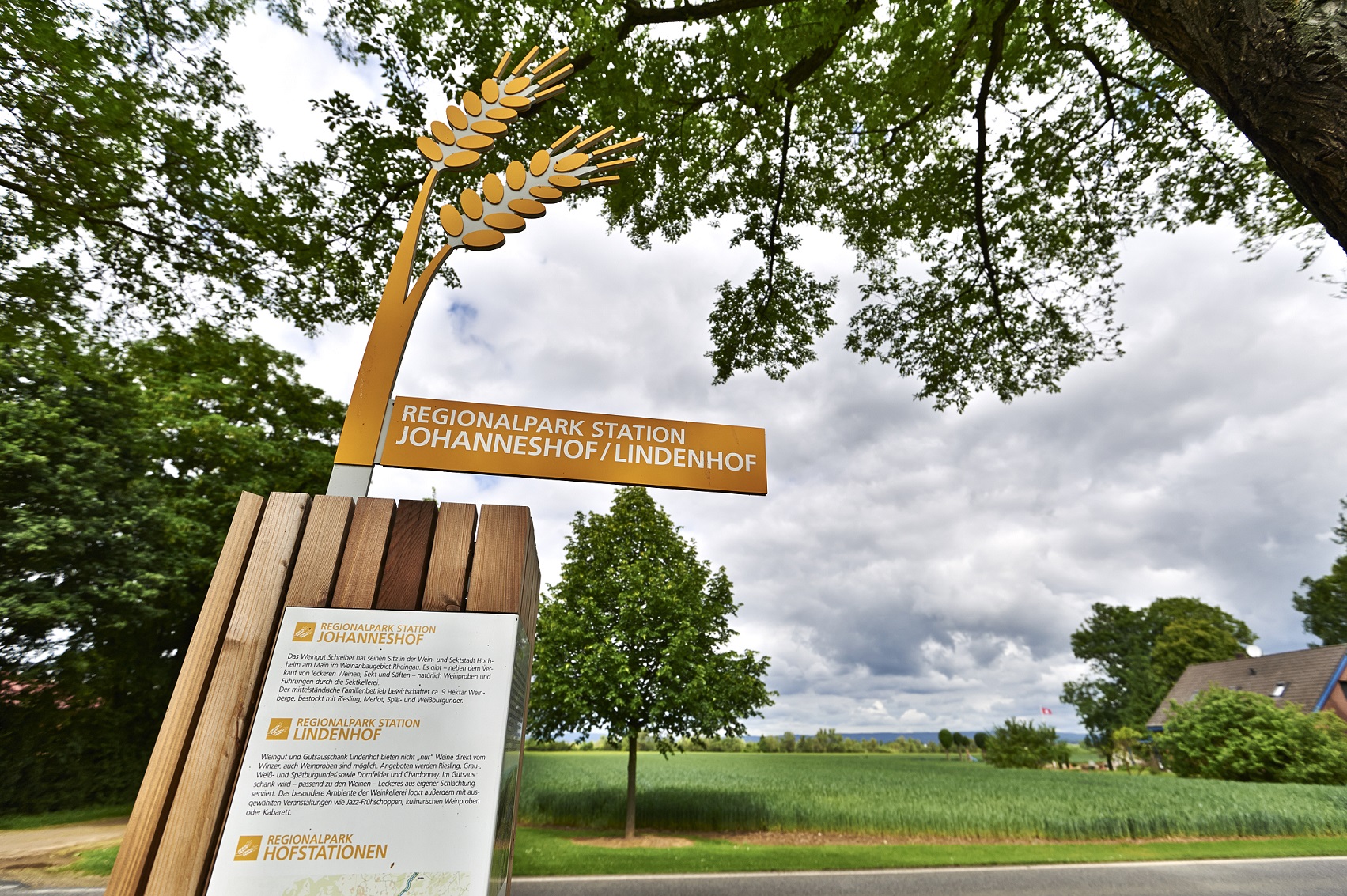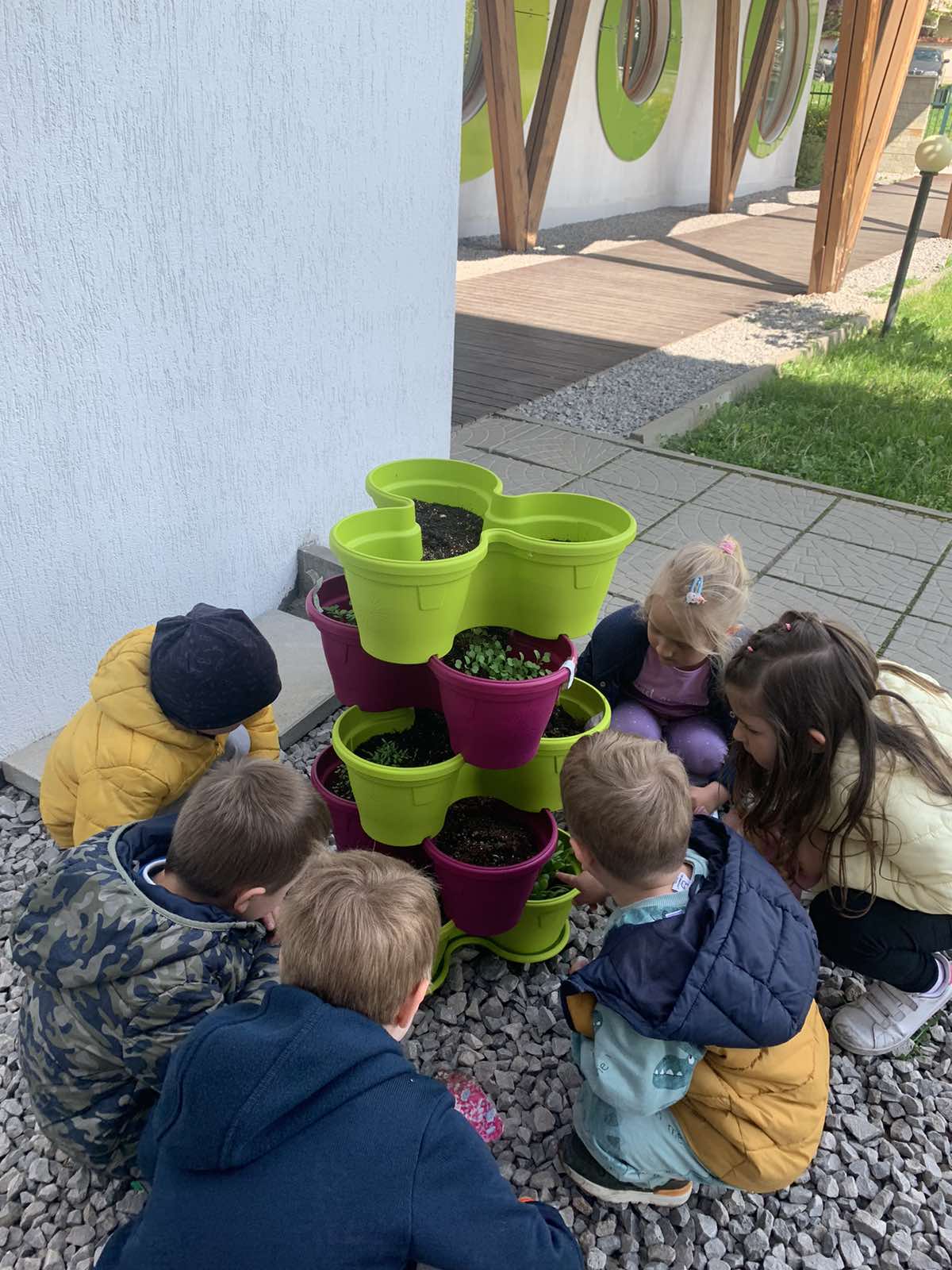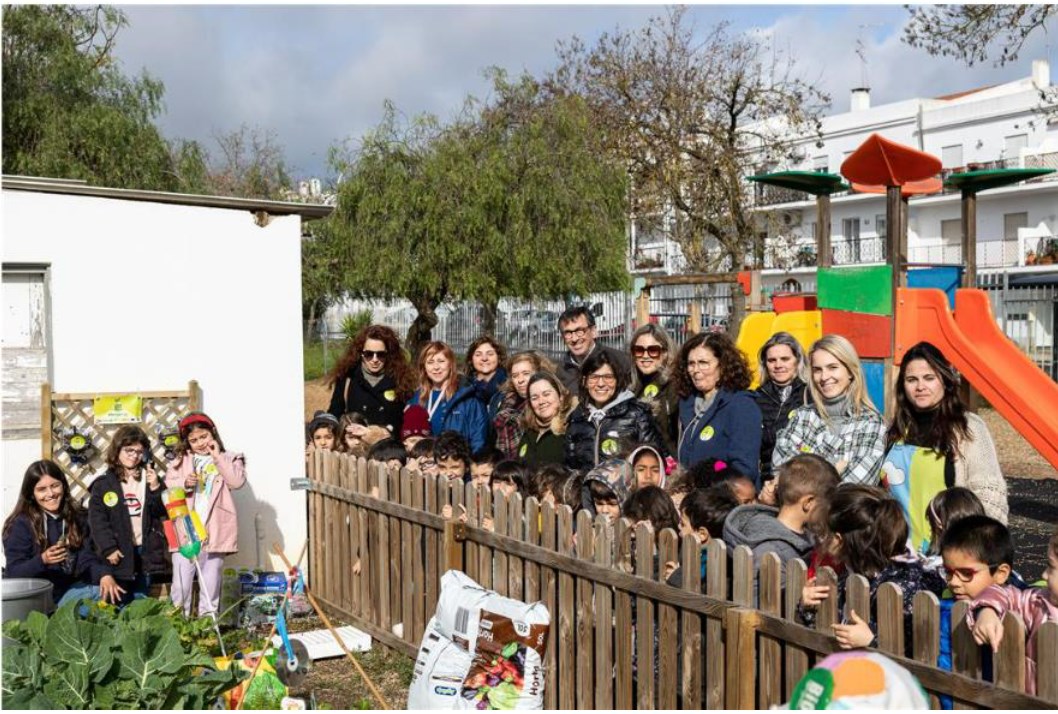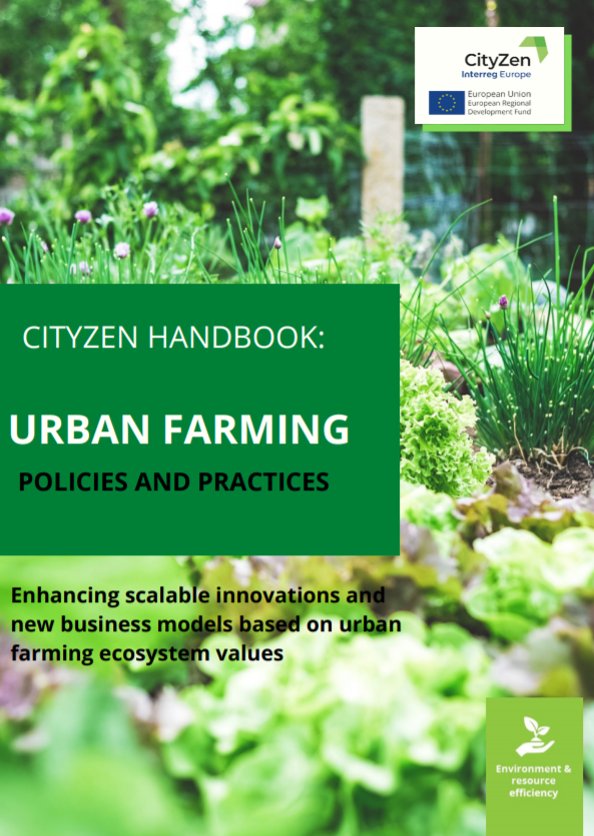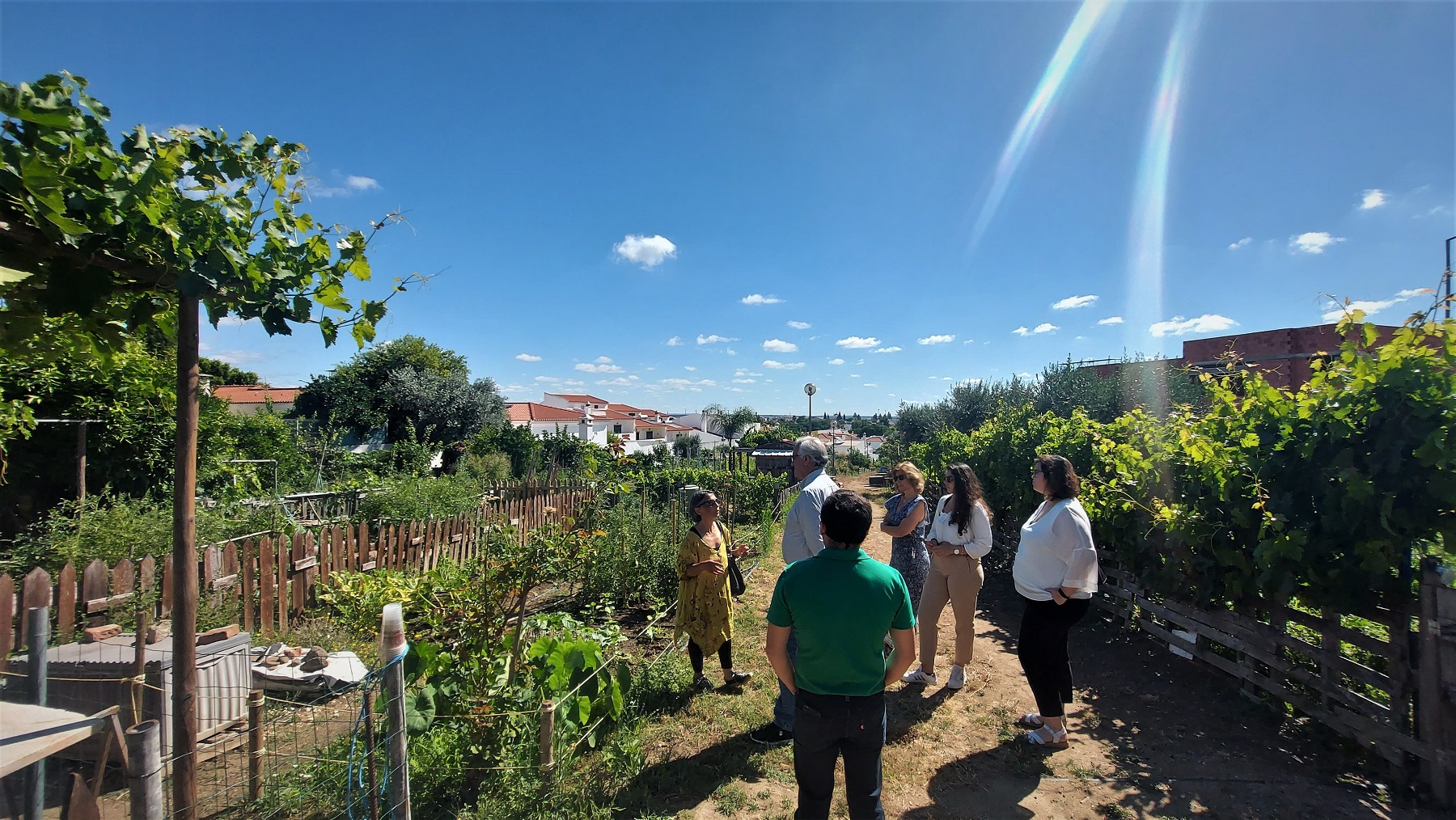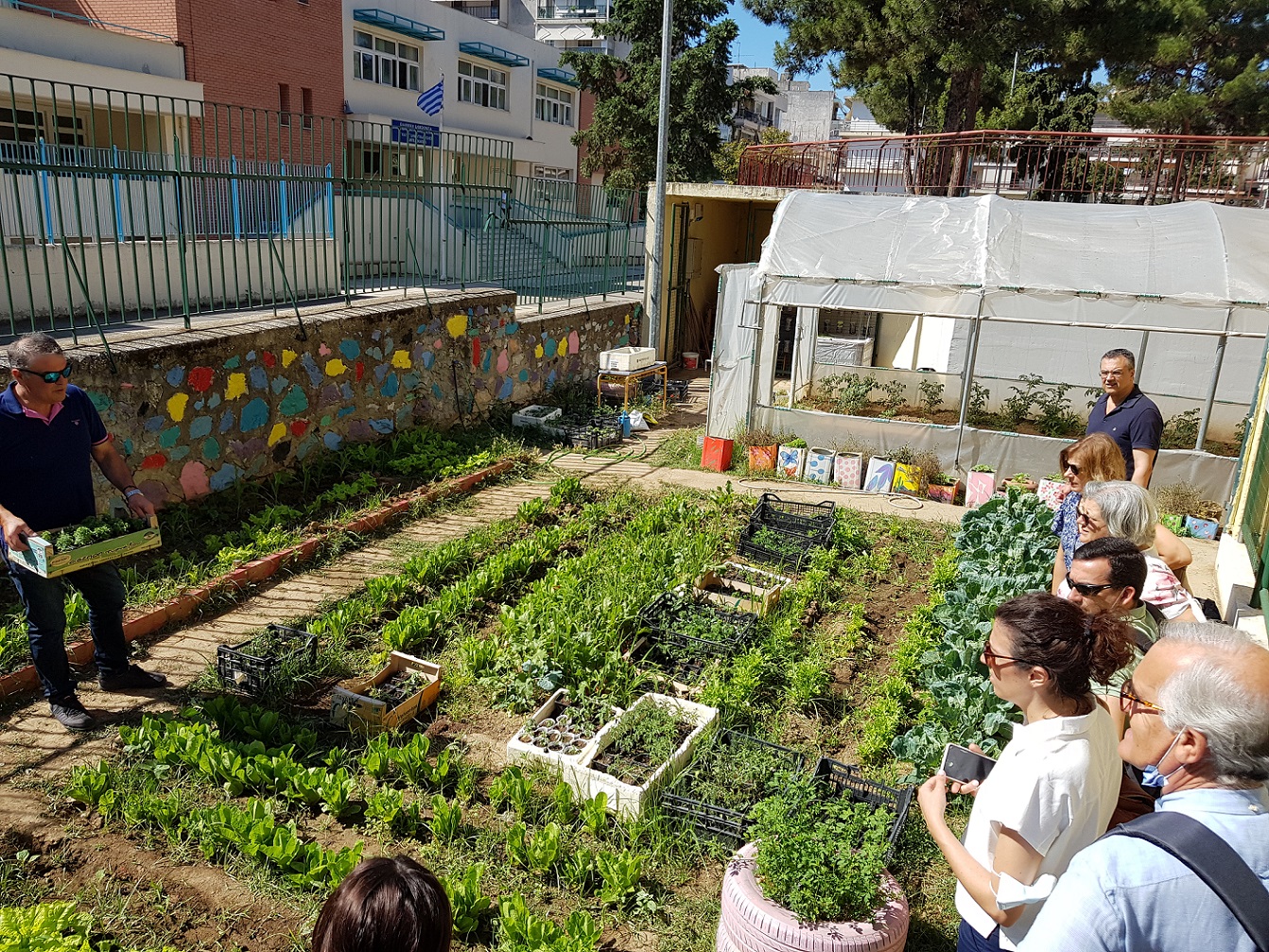ARC Fund and CityZen took part in public discussions for the launch of the new Program of Sofia 2021-2027, the main strategic plan for integrated development of the capital city of Bulgaria. The program design is led by Sofiaplan, a municipal enterprise that also sustains the Digital map of suitable terrains for urban farming in Sofia.
The 1st stage of the Program featured in-depth analysis of various aspects of Sofia urban development, while in the next stage priority areas have been identified and potential new projects were discussed with citizens as to be supported during the next EU programming period 2021-2027. These projects have to be widely consensual and necessary for the city, realistic to implement, with clear budget and sources of funding: EU funds, other public and private sources.
On behalf of CityZen, ARC Fund shared experiences and good practices in urban farming and community gardening from the 5 partner regions, that can address some of the specific goals of the Program, such as:
- Cleaner, robust and diverse living environment with integrated natural capital, where CityZen focused on better access to green infrastructure in neighborhoods with no proximity to parks and gardens.
- Improving conditions for healthy and active life, by focusing on better air and soil quality as well as more options for physical activities and fun.
- More comfortable urban environment with a variety of functions, based on the multi-use character of urban farming for local food, recreation, communication, training and cultural life activities.
By having versatile forms and shapes, urban farming is suitable for many sites of the urban landscape: from mini- to medium-sized outdoor gardens, rooftops, indoor, vertical and modular farms, etc. Applied in Sofia city areas with multi-storey residential buildings, urban farming can cope with the lack of quick access to parks and gardens that often is an issue for these areas. Creation of small shared gardens in the interlock spaces among the buildings would be a solution to increase green areas for recreation. Globally, urban farming is already widely recognized as part of the city green infrastructure with productive functions. Combining plant growing sites with a recreational area and venue for small events, urban gardens become neighborhood community centers for educational workshops, agrifood, recycling and drawing classes and for connecting generations.
In Sofia, urban farming can be also accommodated within the newly built Southern districts inhabited mostly by young families, where green and social infrastructure is under development together with places for entertainment and recreation. Growing plants in these neighborhoods, especially on spontaneous (unpaved) parking lots can reduce the so called "mud points" as source of fine particles and air pollution.
By its future instruments, Sofiaplan and Program of Sofia could contribute to new projects by citizens, schools, universities, regional municipalities, associations and other stakeholders that perceive urban farming activities in the whole spectrum of benefits and available resources. Important conditions for the success of such projects would be the access to urban sites for long-term use/rental, support for basic infrastructure (fence, access to water, composter and composted soil), good management and communication on added values to community life, exchange of experience with other urban farming initiators.
It is also important to consider that urban farming practices are relatively new for the traditional social and administrative models. In order to build any missing capacities, information campaigns, institutional support services and formal regulations shall be launched to meet the needs of urban farming activities and services whether they are non-for-profit or market-oriented.
